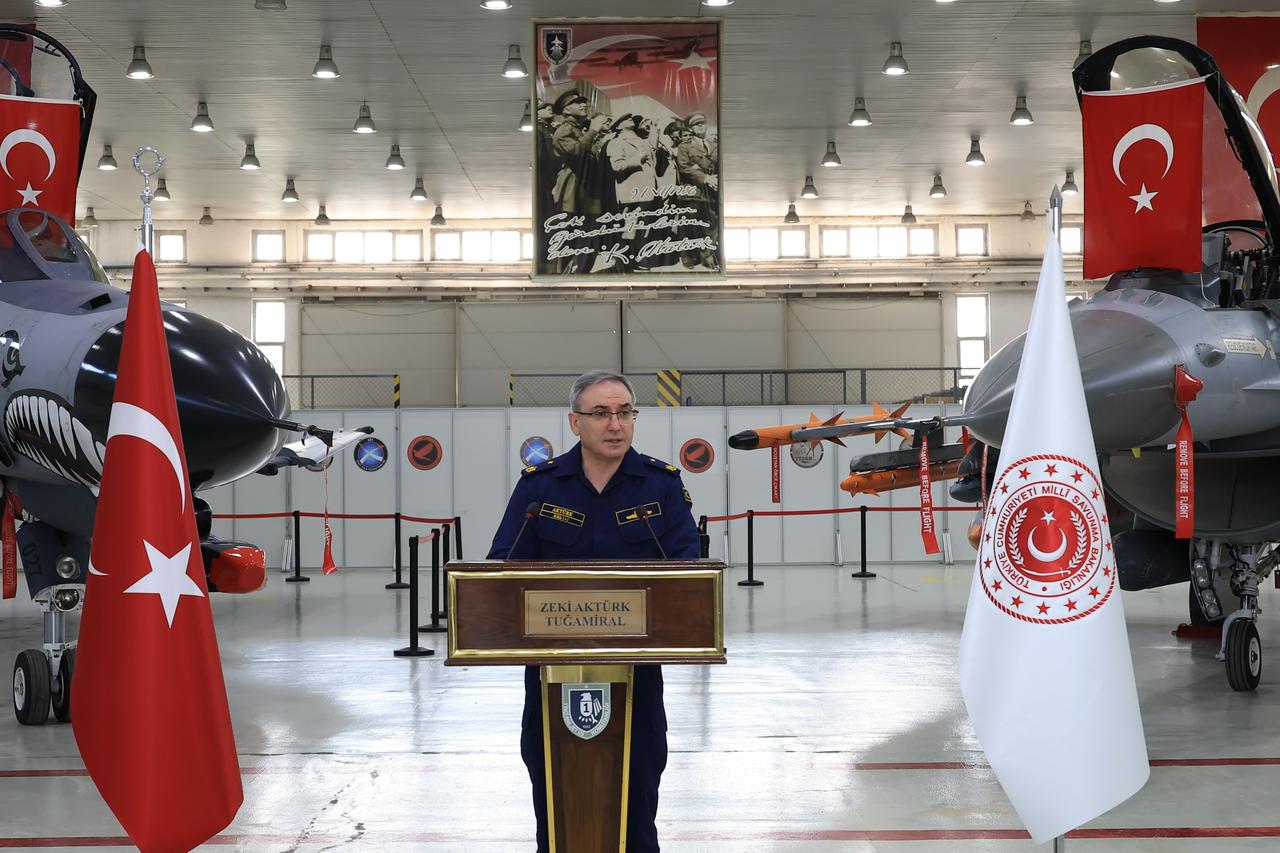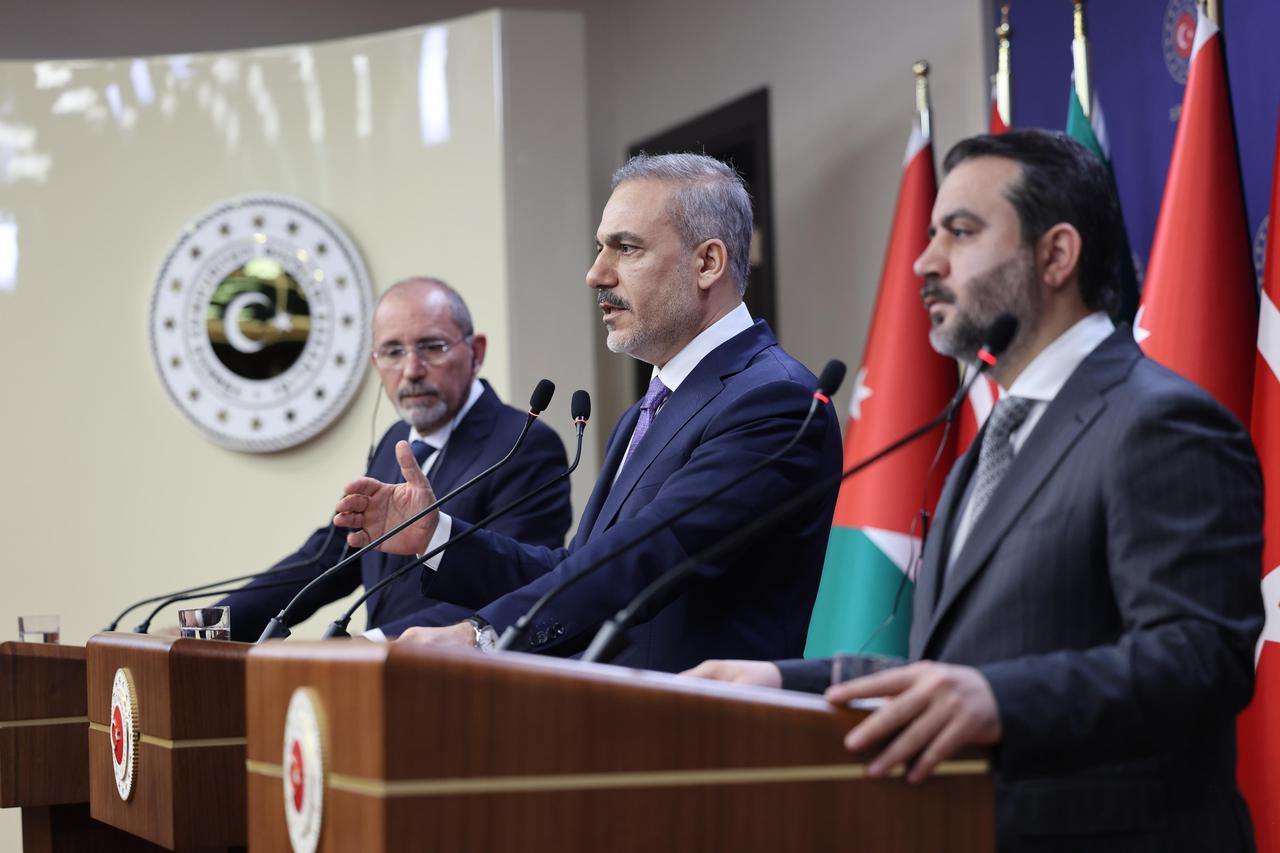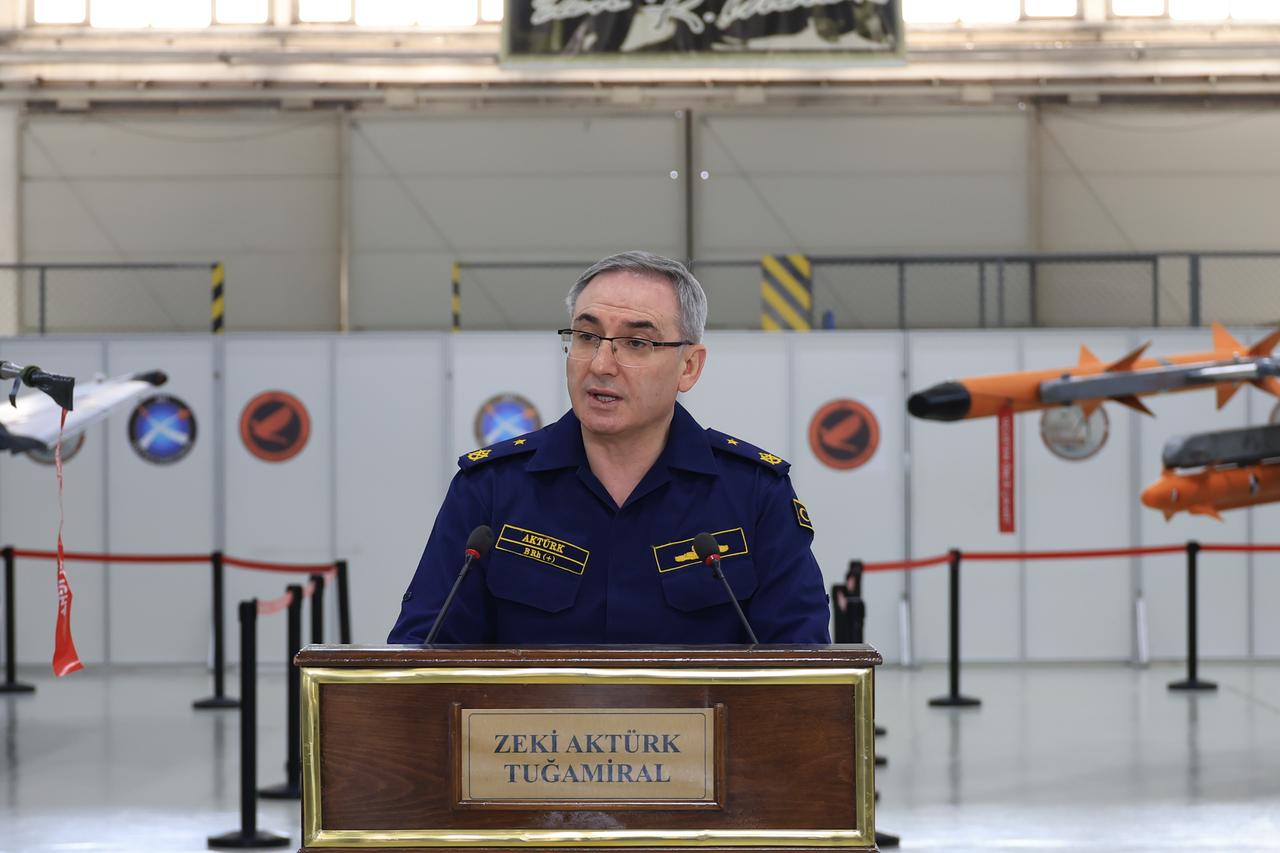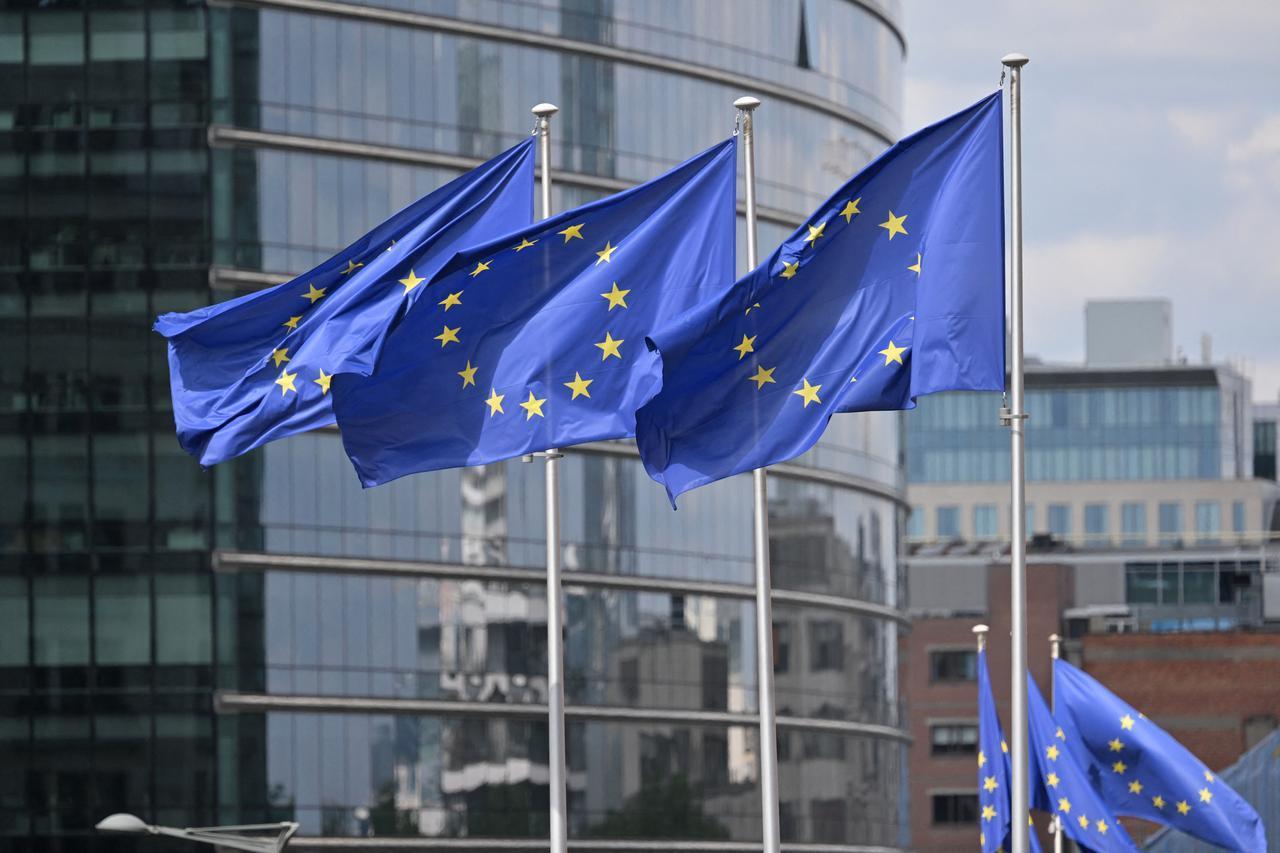
Turkish Defense Ministry sources declared that "decentralized, separatist agendas will not be allowed in Syria in cooperation with the Syrian government," while announcing the destruction of 240 kilometers of tunnels in ongoing counterterrorism operations.
The statement came during the ministry's weekly press briefing, where officials addressed recent developments in Syria and Türkiye's regional security policies.
Ministry sources confirmed that a coordination unit comprising Türkiye, Syria, and Jordan began operations in Syria on May 19, following an invitation from Damascus for the unit to work in the capital.
"We have assigned personnel for the Coordination Unit. The agreement process between the new Syrian administration and the terrorist organization SDF is being carefully monitored in terms of ensuring regional stability and security," ministry sources stated.
The PYD/YPG, also referred to as the SDF, is the Syrian offshoot of the PKK terrorist organization. PKK is listed as a terrorist organization by Türkiye, the U.S. and the EU. Türkiye also considers YPG as an extension of the PKK in Syria.
The coordination unit was established after five countries decided to create a joint Operations Center to combat the Daesh terrorist organization.

Turkish officials reiterated their stance that only the Syrian army should exist as a single armed structure in Syria, emphasizing the need for the SDF's integration into Syrian forces.
"While we support every positive step taken to establish peace and tranquility in Syria, we emphasize that this process must be conducted transparently, inclusively, and taking into account the legitimate security concerns of all parties," ministry sources said.
"Even if there are disruptions and delays in the process, the result will not change. It must be reminded again that decentralized, separatist agendas will not be allowed in Syria in cooperation with the Syrian government."
Defense Ministry Spokesperson Rear Admiral Zeki Akturk announced significant progress in tunnel destruction operations that have been ongoing since Jan. 8 in Syrian operational areas.
The operations have destroyed approximately 132 kilometers of tunnels in the Tel Rifat region and 108 kilometers in the Manbij region, totaling 240 kilometers of underground infrastructure used by terrorist organizations.

Ministry sources addressed Türkiye's potential participation in the European Security Action Fund (SAFE), noting that efforts to increase Europe's defense capacity have accelerated following the Ukraine war and current global developments.
The EU Council approved the SAFE Regulation on May 27, providing €150 billion ($169 billion) to member countries for defense procurement. While the mechanism is open to Türkiye's participation in principle, the regulation contains many restrictive measures for non-EU countries.
"Unfortunately, in this process, we have also witnessed attempts to exclude non-EU allies, including our country, from the EU defense and security architecture or to use them as bargaining tools," ministry sources stated.

Turkish officials emphasized their belief that Türkiye's defense capabilities would significantly contribute to European defense and security, a position supported by many allies during SAFE regulation negotiations.
"In this framework, our work will continue to develop defense cooperation with our open-minded and forward-looking European allies within or outside the SAFE mechanism," sources said, specifically mentioning advanced capabilities in unmanned aerial vehicles, air defense systems, armored vehicles, electronic warfare and radar systems, ammunition and rocket systems, and naval systems.
Rear Admiral Akturk addressed the ongoing Israel-Palestine conflict, stating that Israel continues provocative actions at Al-Aqsa Mosque while pursuing what he characterized as genocide against Palestinians and expanding territorial annexation.
"The international community must fulfill its duty to prevent humanitarian and international law violations by ensuring a permanent ceasefire for a peaceful environment," Akturk said, noting increasing casualties, destroyed hospitals, and people facing starvation in Palestine.